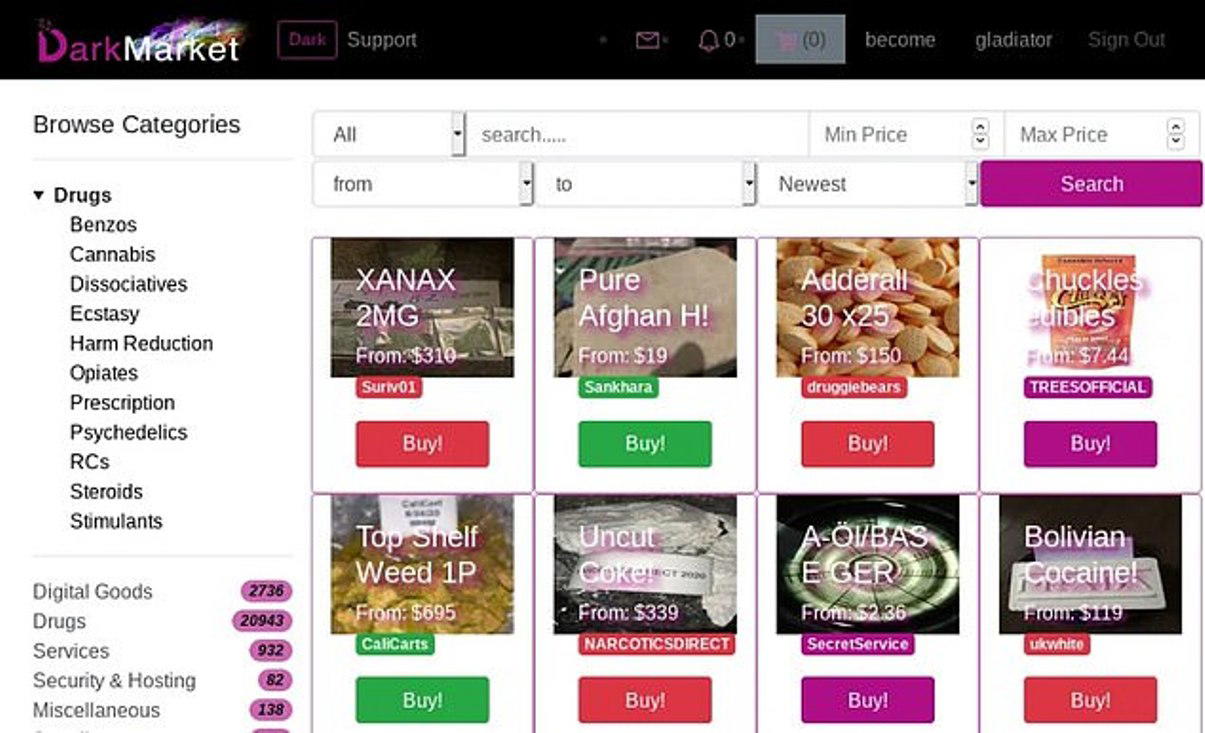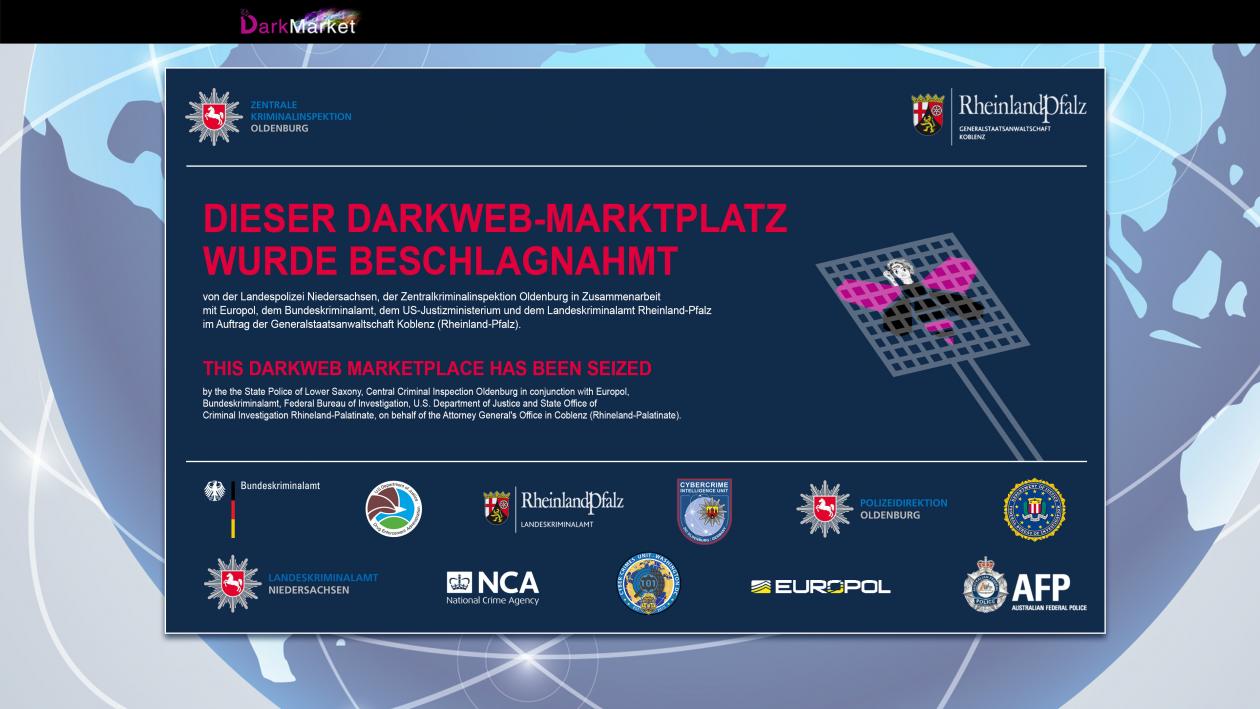In the shadows of the web lies a secret world that exists beyond the reach of conventional search engines and social media platforms. This is the sphere of the dark web, a part of the internet that is frequently associated with anonymity and illegal activities. Dark web markets have garnered considerable attention in recent years, drawing in a mix of curious explorers, cybercriminals, and those seeking goods and services that are hard to find on the clear web.
As people delve into the complexities of the dark web, they encounter different marketplaces that trade in everything from licit drugs to stolen data. These markets function on the principle of anonymity, using encryption and other technologies to protect the identities of buyers and sellers. However, this veil of secrecy raises important concerns about legality, morality, and the consequences of engaging in such transactions. Exploring the dark web provides a view into one of the most controversial and misunderstood aspects of the internet, revealing both the allure and the dangers of this secret landscape.
Comprehending the Dark Web
The dark web is a part of the internet that is unindexed by mainstream search engines, making it hard to reach for the majority of individuals. It demands particular software, such as The Onion Router, to enter and use, providing anonymity to users and permitting them to participate in activities that can be both lawful and illegal. This concealed realm encourages a perception of confidentiality and safety, attracting a diverse range of individuals, including whistleblowers, activists, and individuals aiming to evade monitoring.
Within the dark web, a variety of markets have developed, focusing in the sale of items and services that range from the harmless to the forbidden. These platforms often function on a cryptocurrency basis, guaranteeing transactions continue to be untraceable and safe. While some shadow web platforms focus on security-oriented tools, others may engage in illegal narcotics, firearms, or hacked data, forming an atmosphere that is both captivating and treacherous.
Understanding the shadow web is vital in evaluating the broader consequences of its existence. While it serves as a sanctuary for lawful pursuits, such as freedom of expression in repressive regimes, it simultaneously creates significant obstacles to law enforcement and communities at large. Tackling the complexities of the shadow web necessitates a nuanced approach that balances the necessity for security with the freedoms to privacy and freedom of expression.
The Economics of Dark Web Markets
The hidden web operates on a unique financial framework that varies substantially from traditional markets. One of the notable aspects is the use of cryptocurrencies, which allow buyers and sellers to conduct transactions in secrecy. This concealment promotes a sense of security among users, enabling them to engage in questionable activities without worry of detection by authorities. The rise of virtual currencies like Bitcoin and Monero has also supported this environment, making exchanges fast and less susceptible to banking regulations.
The balance of supply and demand on the dark web are captivating. Marketplaces often exhibit a broad array of goods and services, ranging from illicit substances and counterfeit products to hacking services and personal information. This variety attracts a mixed user base, driving contestation among vendors. Some vendors thrive on standing and customer reviews, while others rely on competitive pricing tactics. The competition often leads to innovation in product offerings and client engagement strategies, even amid these illicit trade practices.
However, the inherently unstable character of dark web markets presents significant dangers. Police continuously scrutinize these platforms, leading to cyclical initiatives against illegal activities that can change market stability overnight. Marketplaces may cease to exist or be taken over, causing sellers and buyers to lose their capital suddenly. Additionally, the presence of con artists can create mistrust among users, prompting a cautious approach to purchasing. dark market url Thus, while the allure of anonymity and unregulated commerce attracts many, participants in these markets must navigate a complex environment filled with risks and peril.


Threats and Consequences of Deep Web Participation
Involvement with illicit online markets poses considerable threats, both. One of the key issues is the judicial consequences associated with acquiring or trading forbidden products and offerings. Authorities have become proficient at tracking down actions on the dark web, leading to captures and sentences for those participating in forbidden transactions. Users may end up facing severe penalties, including substantial fines and long prison sentences.
In addition to legal risks, navigating the dark web can subject individuals to digital dangers. The secrecy and illicit character of dark web markets attract a diverse array of malicious actors, such as hackers and scammers. Users may become targets of theft, financial fraud, or other cybercrimes. Additionally, engaging in these platforms can lead to a diminution of personal security, as individuals may unknowingly share private details or come across violent or disturbing material.
Finally, the mental effects of engaging with deep web sites should not be dismissed. The nature of the products and goods often found there can be alarming, leading to emotional distress or desensitization to violence and illegal conduct. This can lead to increased stress and internal conflicts, creating a conflict between personal values and the allure of secrecy and freedom that the deep web offers. All in all, these combined dangers illustrate the dangerous landscape of dark web engagement.
